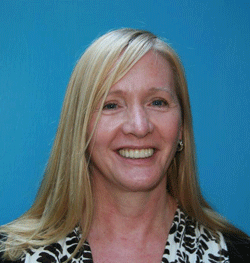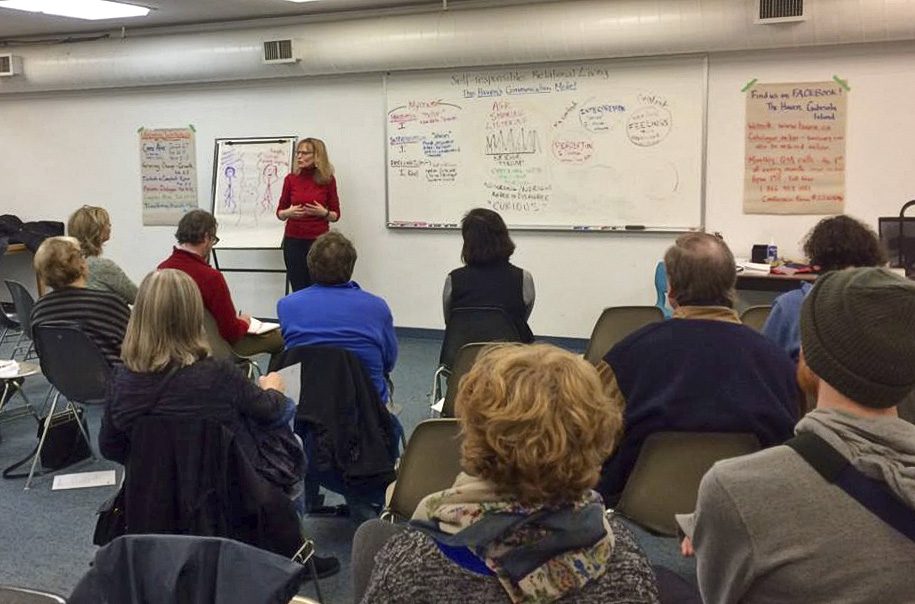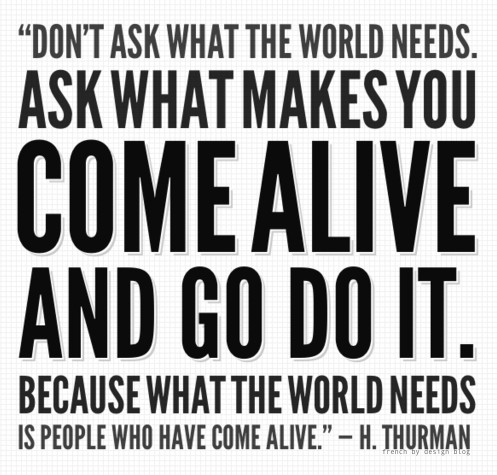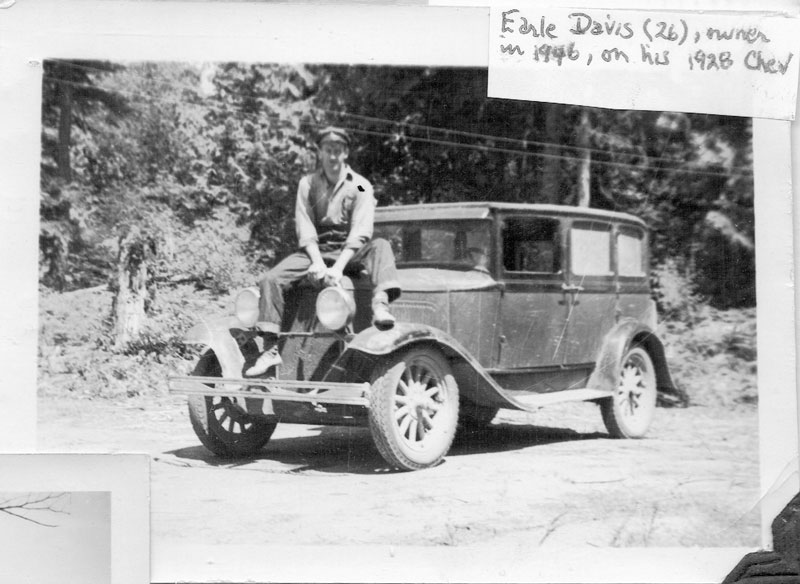Book Review: You Are The Placebo
Wayne Dodge reviews You Are The Placebo by Joe Dispenza, with both appreciation and caution.
We cannot change anything until we accept it. Condemnation does not liberate, it oppresses. ~ C. G. Jung
***************
You Are the Placebo: Making Your Mind Matter
Joe Dispenza (Hay House, Inc. 2014)
Joe Dispenza is a chiropractor in Olympia Washington. He has written a couple of books before – Evolve Your Brain: The Science of Changing Your Mind (2008) and Breaking the Habit of Being Yourself: How to Lose Your Mind and Create a New One (2013), and was featured in What the BLEEP Do We Know? – a 2004 movie exploring the edges of quantum physics and consciousness which sometimes, in my opinion, wanders over those edges.
He also has the remarkable story of having healed himself from trauma to his spinal cord that should have prevented him from ever walking again.
The book is a well-researched and thoughtful discussion of what we know to date about the placebo effect – with particular reference to the possible ways in which placebos might affect health – including hormonal, neurological, epigenetic and quantum effects.
Perhaps not surprisingly to those of you who know me, I have some quibbles with the book. Dispenza runs workshops devoted to this topic and there is just the flavour of some ‘conflict of interest’ in some of his writings about the process, in which the workshops were on the verge of being hyped. His descriptions of the process, although clear, was also at times simplistic – leaving out some of the exceptions and uncertainties involved. He has a long section devoted to results of imaging/EEGs done before and after his workshops which overstates the meaning of the changes noted. His description of quantum effects falls into the common trap of assuming that since observation ‘collapses’ the wave-form, intent can somehow affect how that wave-form collapses (i.e., that our mind’s control what will become real in the quantum world). This is a gross simplification.
On the other hand, his writing had me questioning how rigid my own thinking has become on the topic of placebo – and that the possibilities are much greater than I’ve been willing to give credence to. I think that Dispenza would describe me as having a ‘Thick Analytical Mind’ – and encourage me to remain more open – probably not a bad thing.
And I appreciated that Dispenza discussed how his approach has been criticized as being a type of ‘faith healing’ – and that he is not in great disagreement with that description – in that he believes that moving the system from illness into health with placebo requires an unquestioning leap of faith to work maximally.
With that said, I was disappointed that he did not address how he understands what is happening when use of his processes does not result in overt healing. There are multiple anecdotes of miraculous healing and improvements in health. These are wonderful encouragements for those wishing to – and able to – take the great leap of faith. And what about those who either are unwilling/unable – or for whom the leap does not result in the desired healing? I think without addressing that issue directly, Dispenza has left those people open to ‘New Age Guilt’ (that somehow they were insufficiently ‘faithful’ for the healing to happen – and thus to blame for the failure) – and thus undermined the full healing.
Still, his description of what it takes for transformation is breathtaking (or perhaps better said in a Haven context, breath instilling). So, I will quote extensively:
Once we understand that crossing the river of change and feeling that discomfort is actually the biological, neurological, chemical, and even genetic death of the old self, we have power over change and we can set our sights on the other side of the river. If we embrace the fact that change is the denaturing of the hardwired circuitry from years of unconsciously thinking the same way, we can cope. If we understand that the discomfort we feel is the dismantling of old attitudes, beliefs, and perceptions that have been repeatedly etched into our cerebral architecture, we can endure. If we can reason that the cravings we battle in the midst of change are real withdrawals from the chemical-emotional addictions of the body, we can ride it out. If we can comprehend that real biologic variations are occurring from subconscious habits and behaviors in which our bodies are changing on a cellular level, we can forge on. And if we can remember that we are modifying our very genes from this life and from untold previous generations, we can stay focused and inspired to an end.
Some people call this experience the dark night of the soul. It’s the phoenix igniting itself and burning to ashes. The old self has to die for a new one to be reborn. Of course that feels uncomfortable!
But that’s okay, because that unknown is the perfect place to create from – it’s the place were possibilities exist. What could be better than that? Most of us have been conditioned to run from the unknown, so now we have to learn to become comfortable in the void or the unknown, instead of fearing it.
If you told me that you didn’t like being in that void because it’s so disorienting and that you can’t see what lies ahead because you can’t predict your future, I’d say that’s actually great, because the best way to predict the future is to create it – not from the known, but from the unknown.
As the new self is born, we must be biologically different, too. New neuronal connections must be sprouted and sealed by the conscious choice to think and act in new ways every day. Those connections must be reinforced by our repeatedly creating the same experiences until they become a habit. New chemical states must become familiar to us from the emotions of enough new experiences. And new genes must be signaled to make new proteins to alter our state of being in new ways. And if, as we’ve seen, the expression of proteins is the expression of life and the expression of life is equal to the health of the body, then a new level of structural and functional health and life will follow. A renewed mind and a renewed body must emerge.
Now, when a new day dawns for us after the long night of darkness and the phoenix rises regenerated from its ashes, we have invented a new self. And the physical, biological expression of the new self is literally becoming someone else. That’s true metamorphosis.
This sounds and feels so familiar to me as the frequent outcome of Haven-style bodywork that I think he’s onto something here – including the surrender into ‘faith,’ or stepping into the unknown. However, I think he has left out the findings that other faith practitioners have discovered – the principle of ‘Thy Will, not mine.’ I agree that a living system is geared toward healing and growth – and it is also imbedded in a universe that does not always allow such healing and growth to happen.
**********************************
Wayne Dodge MD, MPH, DipC has been associated with The Haven since 1981. He was the Clinical Director of an 18-practitioner Medical Clinic and administered the AIDS program for a large medical organization for 15 years. He has led Come Alive, Living Alive Phase I, and New Horizons: Phase III. With Gwen Ewan, he co-created Self-Compassion and a series of programs on Haven skills. He is a proud grandfather who is enjoying retirement and spending time in Seattle with his husband and partner of more than 30 years.
Did you enjoy your read? Get bi-monthly updates straight to your inbox. That’s right, just one email every two weeks with a collection of great new content, plus an invitation to contribute too!






